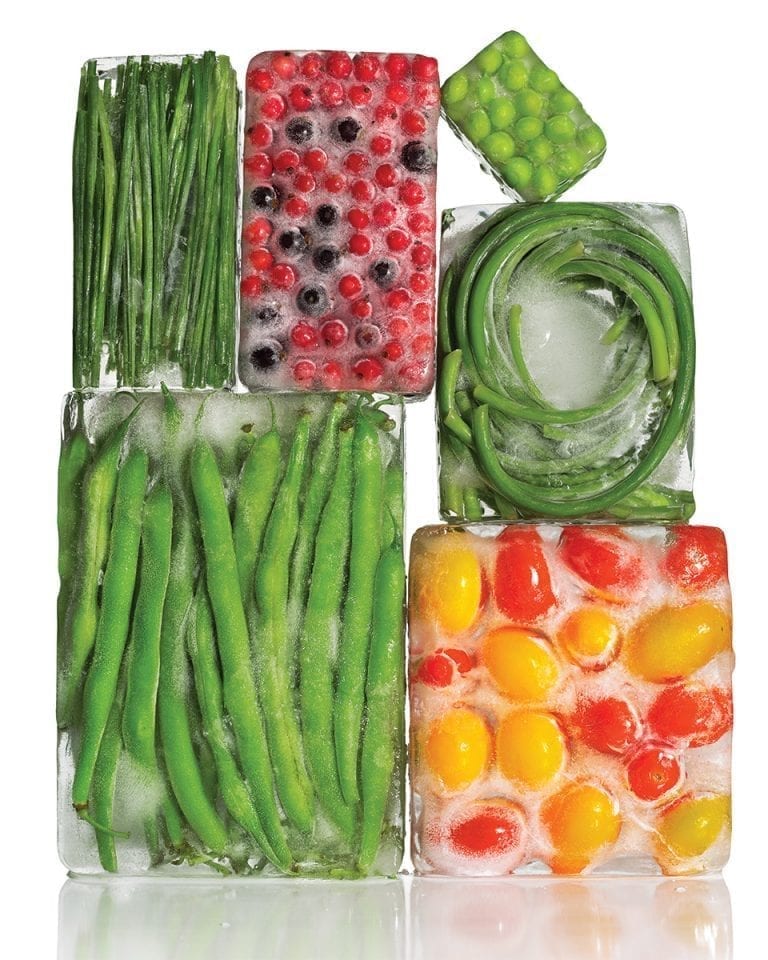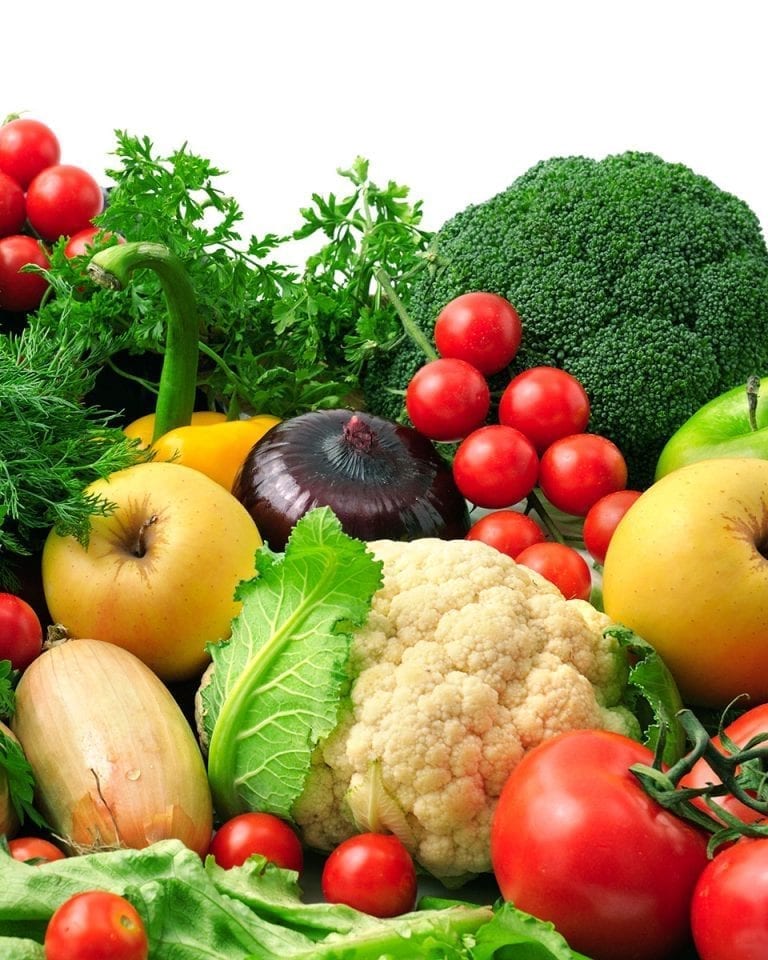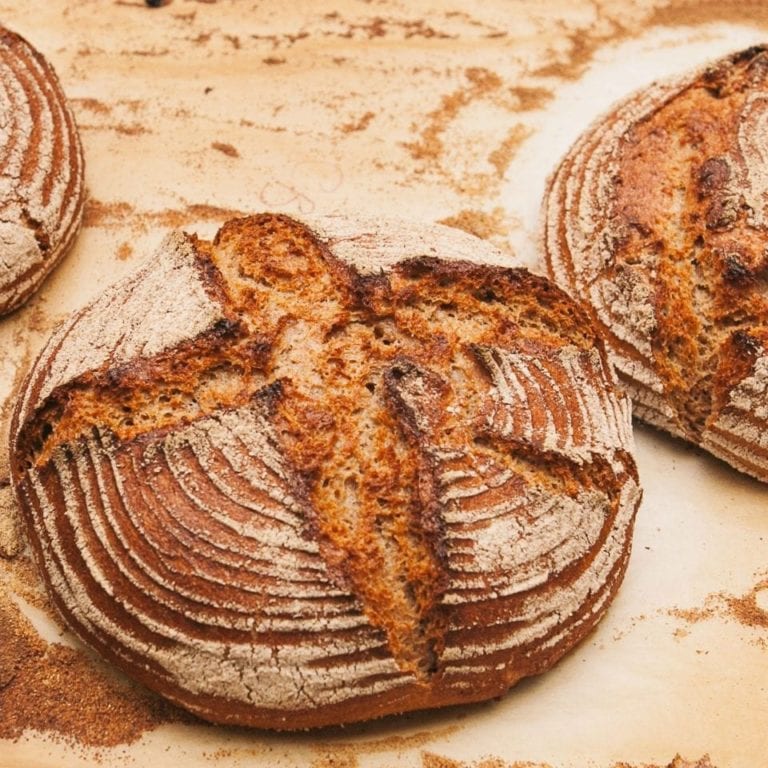Is eating a raw-food diet a healthy choice?
Most of us love a crunchy salad or a carrot stick dunked in aïoli. But a fully raw diet? The trend has gathered momentum in recent years, as adherents swap frying pans for dehydrators in their quest for health.
Yet is there any nutritional advantage? Sue Quinn considers the facts
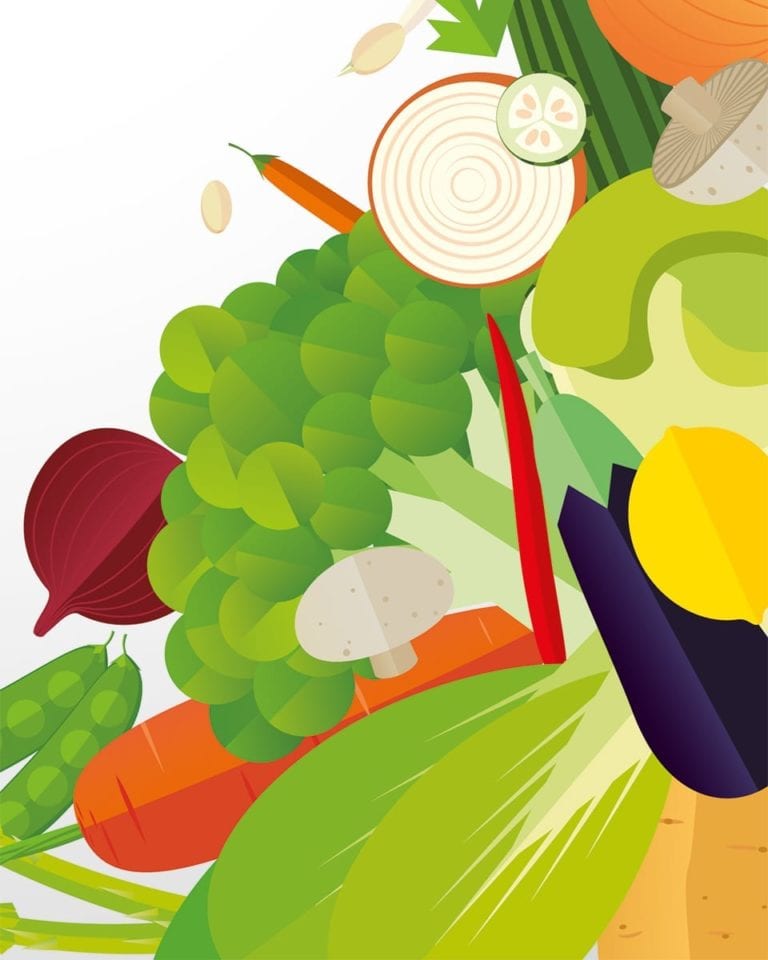
Many people believe the raw-food gospel. Raw food restaurants and websites have sprouted like alfalfa, proffering the likes of raw pad Thai made from kelp noodles or pizza with a chia and potato crust. The Instagram hashtag #rawfood has 3.2 million posts, a rainbow of raw berry cheesecakes, avocado ‘tacos’ and spiralised courgette ‘pasta’.
Meanwhile, sales of dehydrators – appliances that use low heat and fans to remove moisture from food – have steadily increased in recent years, according to online retailer Andrew James.
Celebrity endorsements from the likes of Demi Moore and Sting, reported to have dabbled with raw diets, have fuelled the trend – which is actually an old food fad reprised. Healthy eating hippies first switched off their stoves in 1975 after the publication of Survival into the 21st Century: Planetary Healers Manual by Viktoras Kulvinskas.
The former computer consultant turned holistic health practitioner claimed raw – or ‘living foods’ as he dubbed them – can cure a range of ailments and improve longevity. It’s not surprising raw food is enjoying a resurgence, as it fits neatly into the modern wellness philosophy that advocates eating whole, minimally processed foods.
What exactly is a raw diet?
There are various definitions of what constitutes raw. Generally, it means foods heated to no more than 48°C or, for some, 42°C. This rules out conventional cooking methods, so the closest food gets to heat in a raw diet is a dehydrator, used to make fruit leather or meat jerky.
''The bulk of the diet is made up of fruit and veg, but raw foodists often soak and/or sprout seeds, legumes and grains, as they believe this activates enzymes''
A fully raw diet involves no cooked food at all, but there are less strict versions, such as Raw Till 4, which permit one hot meal a day. The bulk of the diet is made up of fruit and veg, but raw foodists often soak and/or sprout (germinate) seeds, legumes and grains, as they believe this activates enzymes – biological catalysts – that make them more nutritious and digestible.
The US-based Raw Food Life website defines a raw foodist as someone who consumes 75-100 per cent of their diet uncooked. Many devotees are concerned with the pH balance of food, believing uncooked meals to be more alkaline (better) than cooked, which are acidic (worse).
This approach to eating is highly contentious. Harvard University biological anthropologist Richard Wrangham, author of Catching Fire: How Cooking Made Us Human, argues that applying heat to food enabled our species to survive and thrive. Cooked food is easier to digest than raw, he argues, and although some nutrients are lost, those left are in a form more easily absorbed. Thus, we evolved smaller guts and spent our energy growing bigger brains.
On the other side of the crudités platter sit raw food advocates such as The Raw Food Life website founder Robert Ross. He argues that cooking food damages nutrients and creates toxins that prevent us from reaching our potential lifespan of 140. “Raw food can help you achieve optimum health, lose weight and prevent degenerative conditions,” he claims. What’s the truth?
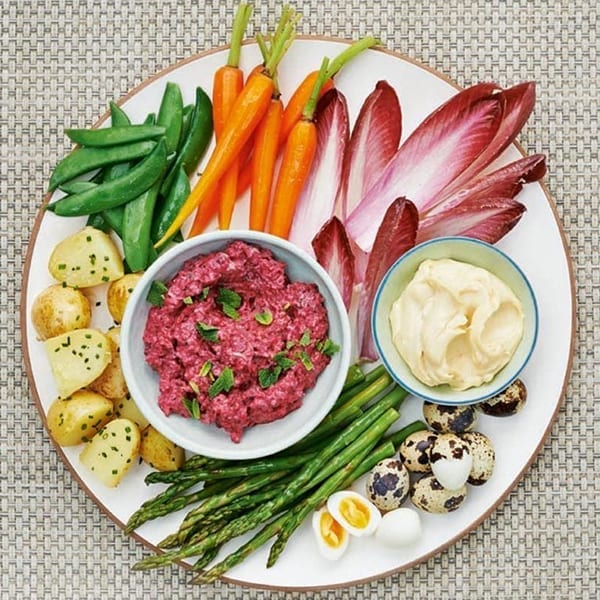
Raw food proponents claim that applying heat to fruit and vegetables destroys enzymes, so the body has to work harder to produce some of its own. They also claim that cooking food destroys important nutrients, particularly water-soluble vitamins.
It’s true that cooking alters the composition of fruit and veg, but this isn’t always for the worse. A 2002 study by Cornell University found that while some vitamin C was lost when tomatoes were cooked, the available lycopene, a powerful antioxidant, increased by 35 per cent when the tomatoes were roasted for 30 minutes, even at temperatures as low as 90°C. Researchers argue this is positive, as vitamin C is a common nutrient, but lycopene is a less readily available antioxidant linked to decreased risk of chronic diseases.
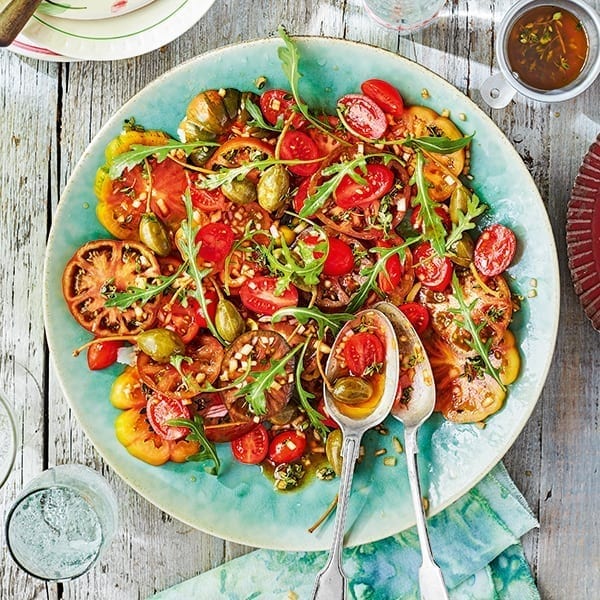
Another study, published in the Journal of Agricultural and Food Chemistry in 2008, found cooking also improved the availability of antioxidants in carrots, courgettes and broccoli. “Our findings defy the notion that processed (cooked) vegetables offer lower nutritional quality,” the study concluded.
So, is raw food better in any way than cooked? “There are some small studies showing some benefits, but as yet there’s no convincing evidence that eating a raw food diet can extend your life or cure ailments,” says Dr Frankie Phillips, a registered dietician specialising in plant-based eating, and a spokesperson for the British Dietetic Association.
It’s clear that cooking benefits some fruit and vegetables, even though some nutrients are lost in the process. “Some nutrients are more bioavailable when cooked or processed and that’s why it’s always best to have a variety: some raw uncooked fruit and veg and some cooked by steaming or stir-frying with a little oil,” she says.
Dr Phillips dismisses claims that cooking destroys enzymes. “The body makes its own enzymes and doesn’t need them from food,” she says. “In any case, enzymes in food are probably destroyed during digestion in stomach acid.”
Is there Potential harm?
For some people, yes. As with all restrictive diets, it’s easier to become deficient in nutrients if you avoid whole food groups, especially meat, fish, eggs and grains, as many raw foodists do, fearing food poisoning. “A solely plant-based raw diet would be devoid of vitamin B12, which is needed for nerve and blood cell formation, as well as being low in other nutrients such as vitamin D,” Dr Phillips says. “There are also risks of food poisoning and some foods, such as pulses, can have high toxin levels if uncooked.”

Pregnant women, children and the elderly, who need nutrient-dense diets, are at particular risk of deficiencies. This year, a Sydney naturopath was jailed after telling a breastfeeding mother to go on a raw food diet to heal her baby’s eczema. The seven-month-old boy lost 1.6kg and almost died. It’s an unusual case but highlights the dangers if vulnerable people fail to cover their nutritional bases.
The bottom line
Certain aspects of raw diets can be beneficial. Broadly speaking, everyone in Britain needs to boost their intake of fruit, vegetables and fibre. And cutting back on highly processed foods that contain lots of sugar and unhealthy fats can aid weight loss, which can reduce the risk of serious illnesses such as heart disease and diabetes.
Nutritionists and scientists recommend eating a wide variety of both cooked and raw fruit and vegetables. Cooking often makes veg taste better, so we’re likely to eat more of them. And that’s what’s most important.
True or false?
To make interesting meals with uncooked ingredients, raw foodists often invest in expensive kitchen equipment such as dehydrators – TRUE
Many cooked vegetables are more nutritious overall than raw – TRUE
Enzymes in foods are destroyed in cooking and this is bad for the body – FALSE
Steaming, boiling or stir-frying vegetables creates toxins – FALSE
Subscribe to our magazine
Food stories, skills and tested recipes, straight to your door... Enjoy 5 issues for just £5 with our special introductory offer.
Subscribe
Unleash your inner chef
Looking for inspiration? Receive the latest recipes with our newsletter
